Music
1968 results
Page 161
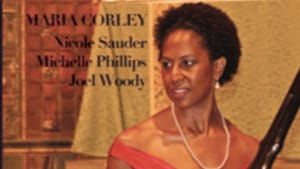
The classical musician's greatest phobia
Self-promotion? By a classical pianist? Oh, the horror!
Juilliard taught me almost everything I needed to know about playing the piano, and almost nothing about promoting myself. Why are we classical musicians so hesitant about tooting our own horns?
Articles
6 minute read
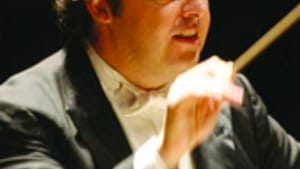
The Orchestra's final Mann week
Discovered at the Mann: One knockout conductor
The Orchestra's summer series at the Mann may be strapped for cash, but the last three concerts introduced a conductor who deserves an unqualified rave, showcased a rising young soprano, and added another chapter to Lang Lang's artistic development.
Articles
5 minute read
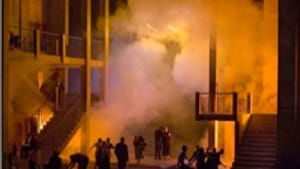
Wagner's "Ring' cycle (Part 6: "Götterdämmerung&apos
GÓ¶tterdÓ¤mmerung: Nietzsche knows best
Götterdämmerung, the last of Wagner's four-part Ring operas, ends with Valhalla in flames, the destruction of the gods, and Wotan a disillusioned pessimist, much like Wagner himself. Is this the death of religion? The triumph of science or nature? Wagner lets us take our pick.
Articles
9 minute read
The Mann experience: A newcomer's perspective
Welcome to the Mann: A few questions from a first-timer
Thursday's showcase for pianists Herbie Hancock and Lang Lang with the Philadelphia Orchestra left many patrons swooning with delight. But it raised a few questions in the mind of a first-time visitor to the Mann who sat in the cheap seats.
Articles
3 minute read

Lenape Chamber Ensemble
To venture inside the composer's head
Is a “pure” rendering of the composer's intent indeed ever possible? A mid-summer concert of Beethoven, Faure and Prokofiev by the Lenape Chamber Ensemble conjured thoughts about each composer's circumstances at the moment of creation.
Articles
5 minute read
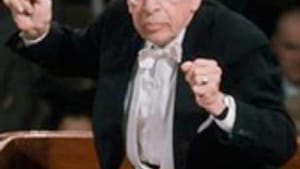
Composing vs. writing; Moalem vs. Coren (contd.)
A further exchange: The young composer and the older critic
Continuing their debate about composing music and writing about it, Beeri Moalem and Dan Coren find some common ground, and also some flaws in BSR as an appropriate vehicle.
Articles
4 minute read

Composing vs. writing about music (a reply)
Composing music vs. writing about it: A critic replies (again) to Beeri Moalem
If I had Beeri Moalem's talent and vision as a composer and player, I wouldn't even bother to write about music. But when you're expressing ideas, you must accept a certain amount of responsibility for facts.
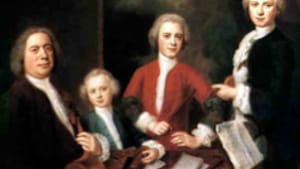
A composer's response
The young composer's struggle: A reply to Dan Coren
The young and opinionated composer Beeri Moalem responds to assorted nitpicks from BSR's critic Dan Coren, as well as to Coren's larger question: What, exactly, is the struggle of a young composer today?
Articles
6 minute read

A dentist's musical Odyssey
A music lover's Odyssey: What my dad learned from his children
Most people develop a taste for serious music because their parents push them into it. In the case of my Dad the dentist, the opposite was true: He was introduced to classical music by his kids, albeit inadvertently.
Articles
9 minute read

Buxtehude Consort's religious cantatas
The case for summer music
In the last few years Philadelphia's music season has grown steadily shorter— until this year. Half a dozen music groups extended their seasons into June, and the Buxtehude Consort made its debut in a perfect setting. Good news for tourists and musicians alike.
Articles
3 minute read